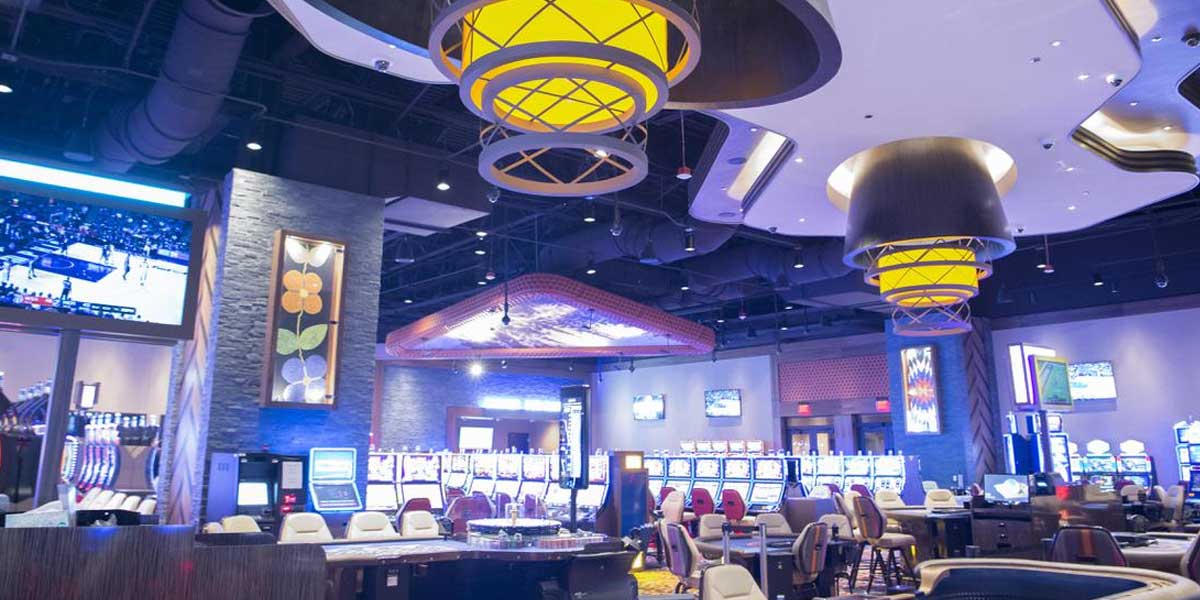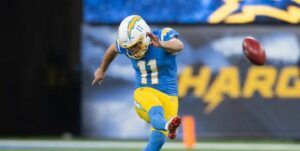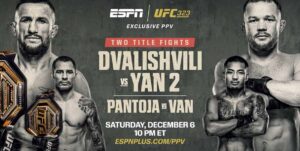- Washington Governor Jay Inslee signed a sports betting bill into law on Wednesday, after an emergency provision was added to it to bypass voter referendum
- The law authorizes tribal casinos in Washington to apply for licenses to operate sportsbooks but does not extend that privilege to nontribal casinos or out-of-state operators.
- A Nevada-based gaming company called Maverick plans to challenge the law.
- The limited scope of the law will also limit how much Washington can benefit financially from an added revenue stream.
OLYMPIA, Wash. – On Wednesday, Washington ended its years-long flirtation with legal sports betting when Gov. Jay Inslee finally signed ESHB 2638 into law.
The bill authorizes the state’s tribal casinos to offer sports betting, although it does not make provisions for sports betting at nontribal casinos or mobile betting.
Players will be able to place bets using their phones as long as they are physically located within a licensed tribal casino, similar to the system used in New York.
ESHB 2638 was initially supposed to pass a referendum with Washington voters, but an emergency provision added because of the COVID-19 pandemic allows the bill to bypass that requirement. It passed 83-14 in the House and 34-15 in the Senate.
Several forces in Washington still oppose the bill. Cardrooms throughout the state argued to the legislature that sports betting would hurt their business.
Additionally, Nevada-based company Maverick Gaming, which has maintained a strong presence in Washington in an attempt to gain a business foothold, fought throughout the process for a bill that would allow them to compete with tribal casinos.
This competing bill would have authorized nontribal operators to open sportsbooks, but the Washington Legislature deemed that it was important to honor existing gaming compacts and protect the gambling sovereignty of the state’s Native American tribes.
Maverick still plans on suing the state on the grounds that legal sports betting in Washington doesn’t constitute an emergency, but the suit likely won’t go anywhere.
Advertising Disclosure
USAOnlineSportsbooks.com provides you with the most current information regarding sports betting and fantasy with the help of commissions we receive from links you may click on our site.
While a tribal casino-only sports betting bill isn’t ideal, sports bettors in Washington should be ecstatic that a bill was passed at all. COVID-19 has been wreaking havoc on similar bills across the country, pushing them toward the back of the legislative line as emergency measures take priority.
Economic Impact Of Washington Sports Betting
There is a good deal of speculation involved in assessing the economic impact of ESHB 2638. The bill does not set concrete tax rates or licensing fees, nor does it dictate what sports betting tax revenues will fund.
Using a standard projection model that applies per capita averages from other legal sports betting states—but excludes Nevada and New Jersey for their high rates of gambling tourism—Washington could wager over $1.1 billion on sports bets every year.
At a national average hold rate of 6.88%, casinos would bring in $77.6 million in revenue from these bets, and at the national average tax rate of 13.36%, the state would collect $10.4 million to fund education.
In reality, Washington likely won’t come close to meeting those lofty figures under the current laws. Washington’s laws most closely resemble New York’s and their four retail sportsbooks in the Empire State have so far generated well under $2 million per month on average.
Washington does have 29 tribal casinos, but none are located within 30 minutes of the state’s metropolitan epicenter, Seattle.
The most likely scenario is that tribal sportsbooks will generate three to five million dollars per month in revenue, and the state legislature will reconsider the issue of mobile and nontribal sports betting.

With a background in sport performance and business analytics, Carter’s writing focuses on engaging readers while simultaneously providing them with the empirical data they need to make informed, winning decisions.






